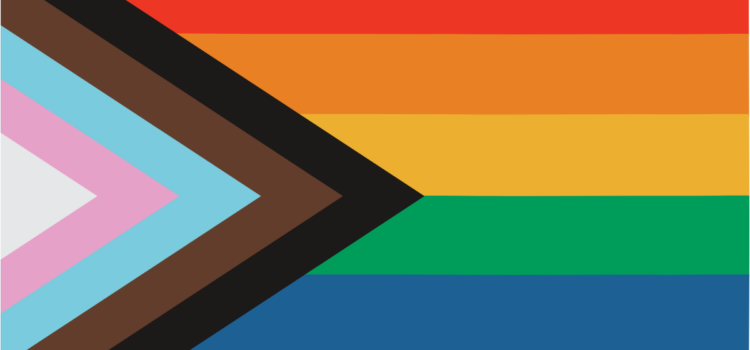
From an early age, many nicknames were used to describe me in my family. My nickname was Ivy, stink, and poison Ivy. However, despite coming out at a young age, as early as 12 years old, no one ever called me by one name or identity that was a core part of who I am and how and whom I loved. No one wanted to acknowledge that I was a lesbian.
Growing up in a black household, being a part of the LGBTQ+ community was often frowned upon. Lesbian was seen as a “dirty word” and viewed as weird or odd. Throughout my early teens, people in my family often referred to being gay as a “white people thing.” The way people in my family were raised influenced how they treated me and viewed my experience.
Experimenting or identifying as anything other than heterosexual was not normalized or viewed as acceptable for a black woman. Often, I felt isolated, misunderstood, and judged. As a young teen, I often wished I had a support system. I wished I had people to talk to who shared my firsthand experiences and could understand my point of view.
Being black in the United States is already a challenge as is. As black women, we must deal with misconceptions, stereotypes, and constant exposure in the media to police brutality at the hands of the police.
The added layer of being black and a part of the LGBTQ+ community can seem like another mountain one needs to climb over. Therefore, it is vital for black people from the LGBTQ+ community to have safe spaces where they can feel safe and understood.
Now, as an adult, I have learned to accept the parts of me that can be confusing for others to understand. In life, I find, at times, it is better to explain myself a little less and allow who I am to be open to how other people see me and experience me. My responsibility is to be a good and loving person, which is my daily goal.
Despite being open about my sexuality, I often get questioned about how I identify. As a feminine presenting-black-lesbian-woman, people often assume I also have some sort of attraction to men. I usually inform people that gender identity and gender presentation are entirely different from sexual identity, and the two do not always go hand in hand.
Being a black woman and a part of the LGBTQ+ community can come with emotional labor and repetition. Never wear yourself too thin and only answer questions you are comfortable with answering. You do not owe anyone an explanation for who you are.
Living in my truth, remaining patient, and reminding myself every day that all I can do is my best, helps me stay positive and true to who I genuinely want to be.
It is essential to surround yourself with people who love you and support you for who you are, and it is okay to come out on your terms and distance yourself from those who do not treat you with the respect you deserve.
When we feel safe and understood, we can feel comfortable being ourselves and living authentically.
The Center for Sexuality and Gender Diversity and PFLAG are great resources here in Kern County for people of the LGBTQ+ community who are looking for resources and support.